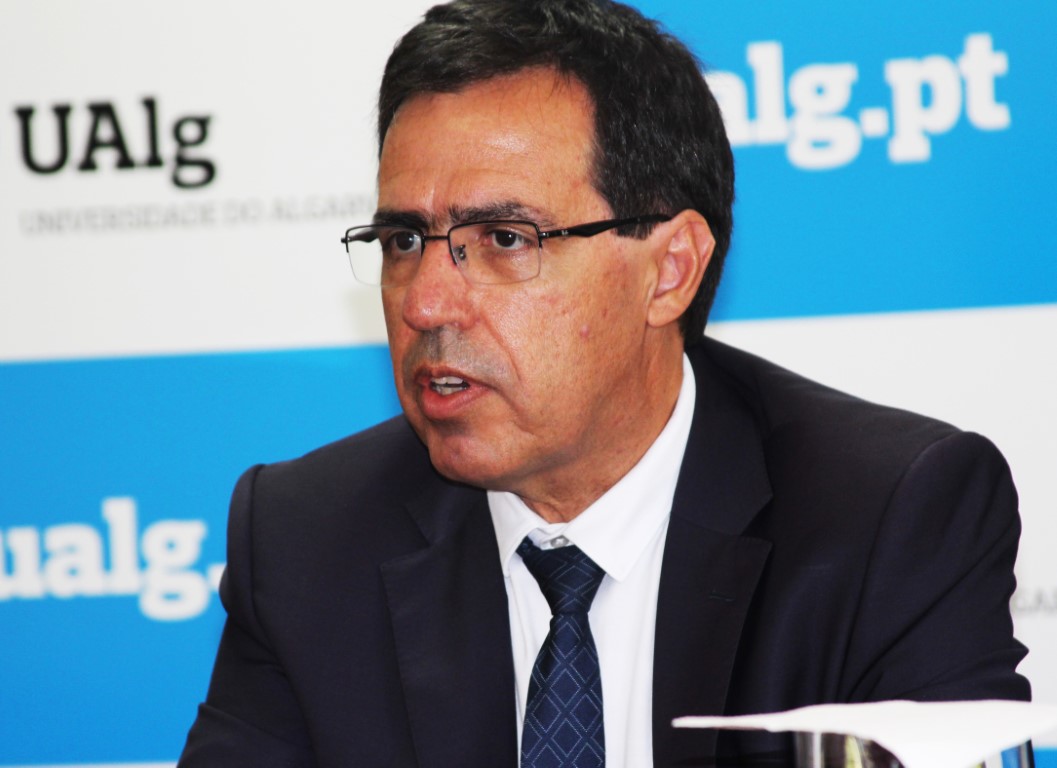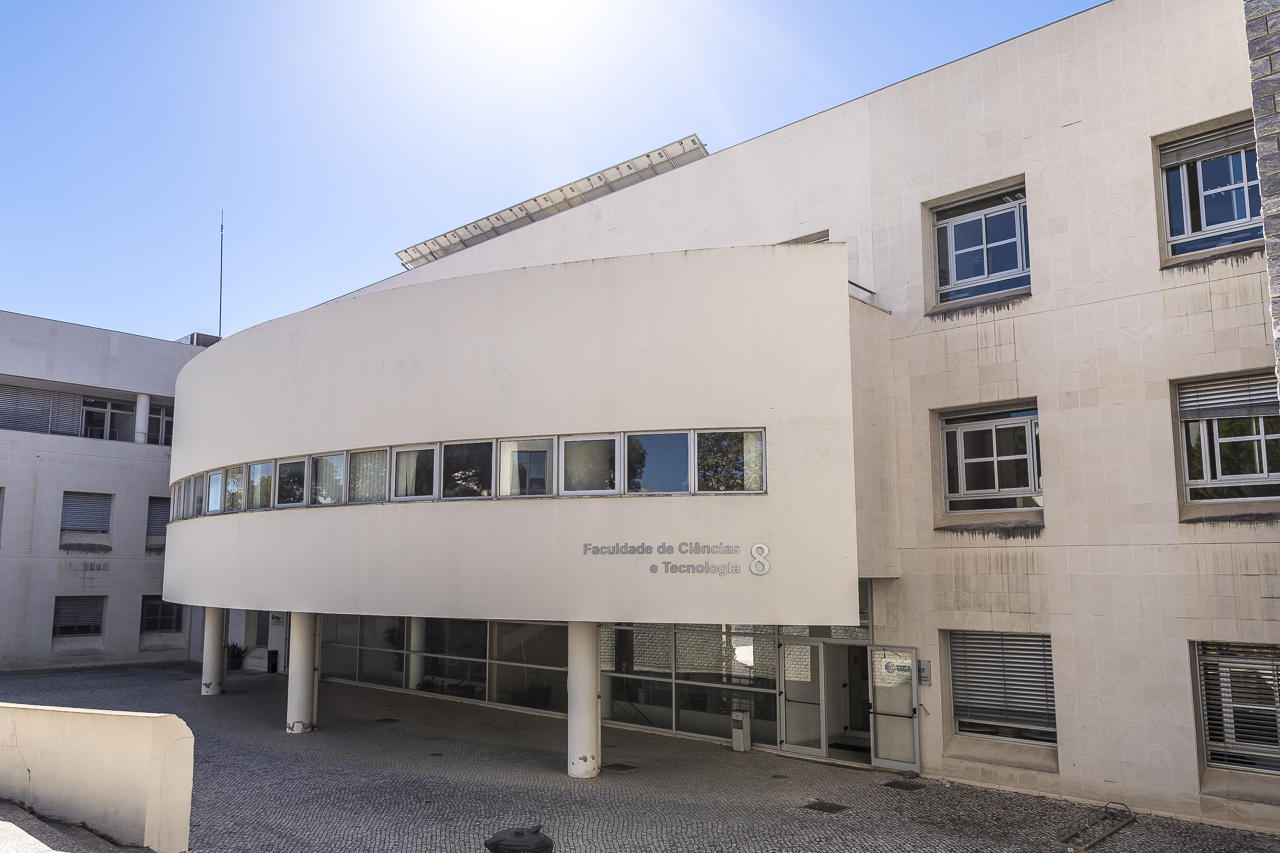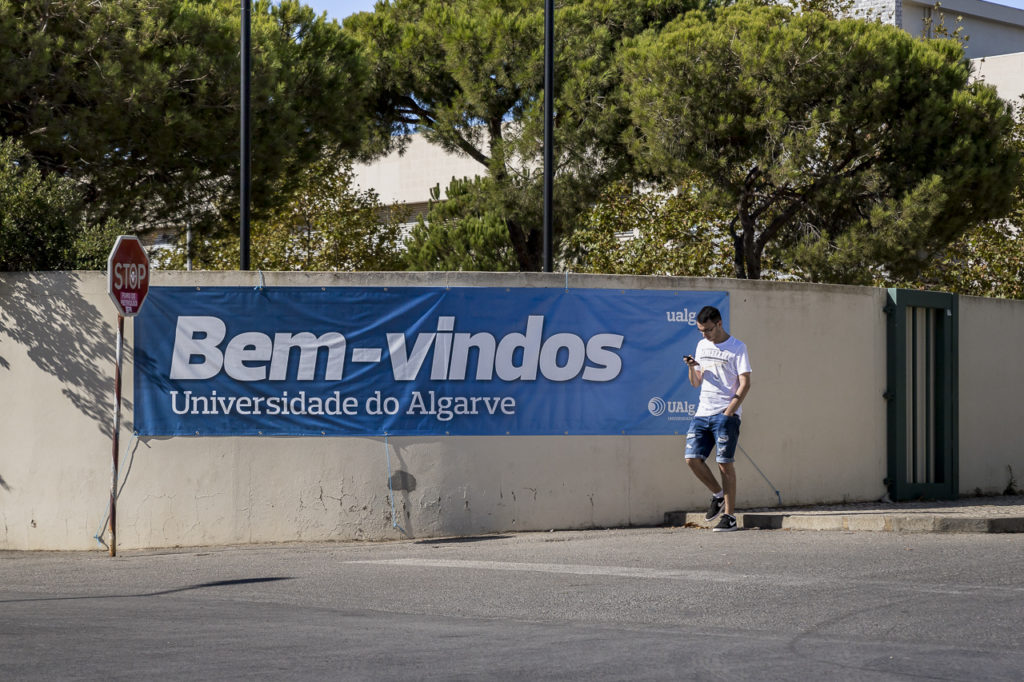The University of Algarve will have, in the 2019/2020 academic year, the same 1475 vacancies as last year, but the objective is to recruit more students. The degrees in food engineering e Bioengineering these are novelties in the academy's training offer, but the number of courses is also maintained, since there are no openings for Orthoprotessy and Technology and Food Safety.
Paulo Águas, rector of the University of Algarve, told the Sul Informação that, for 2019/2020, the objective is to «maximize the number of placed. Last year, there were about 1200 in the first phase. This year, we would like to increase the rate».
For the responsible, there is no need to increase the number of vacancies. «The problem is not the vacancies. The challenge we have to face is a reduction in candidates. This year, I admit that we may not have this reduction, due to the results of the exams, but we will have it in the long term, for candidates coming from the scientific-humanistic areas. If there are no other forms of admission, from the technical-professional courses, we consider that the 1475 places are adequate». Even because, believes Paulo Águas, «it is not with more vacancies, that more students are gained».

Regarding the changes in the training offer at the University of Algarve, the rector says that the non-opening of vacancies for courses in Orthoprosthetics and Technology and Food Safety «was a decision of the University. We were not prevented from opening vacancies for these courses. The guiding order sets rules so that courses that do not reach a sufficient number of first-year applicants in recent years cannot open. This is not the case with these. What we tried to do was to reinforce and reorganize the offer in a double perspective: the labor market and demand».
In the case of Orthoprotesia, «the levels of demand were not very interesting and we felt a greater capacity to recruit students in other areas, such as Bioengineering», which «is a frontier course that combines engineering with biology, which is a hallmark of this University. All areas are important, but when compared to other universities, we have a higher percentage of “bio” courses. This resulted from the bet that was made on the connection to the sea».
In the specific case of this course, «we had installed capacity in the engineering area and we are going to cross knowledge. It is a frontier area that will have great developments in the creation of scientific knowledge, products and solutions that will change our lives», adds Paulo Águas.

On the other hand, the Food Technology and Safety course did not open vacancies because «we think that, in the current context, it is desirable to have a training in Food Engineering, which has been without openings for a few years, because it has a more technological nature. The faculty is essentially the same». In this case, the 20 existing vacancies in Food Engineering are transferred from Food Technology and Safety.
The vacancies for Bioengineering (22) were obtained by joining the 20 vacancies that existed for Orthoprotesia, with two vacancies “withdrawn” from the Nursing course. “The reduction in nursing places has to do with our concern to maintain the quality levels of the course. We know that it is training with zero unemployment, but that is not why we want more and more students, because we want to maintain the level of quality in education», explains the dean.
There are also changes in the number of places in two more courses. Marine and Coastal Management loses three vacancies, which are transferred to Mathematics Applied to Economics and Management.
According to the Ministry of Science, Technology and Higher Education, at national level, "for the academic year 2019/2020, the total number of places available under the general access regime (national access competition and local competitions) is 51568 places. , therefore, the number of vacancies similar to that fixed in the previous year'.
That Ministry also adds, in a note sent to the newsrooms, that, "in view of the results of the national exams already carried out, it is expected that the number of candidates for the vacancies placed in the competition will also be similar compared to the previous year".


















Comments